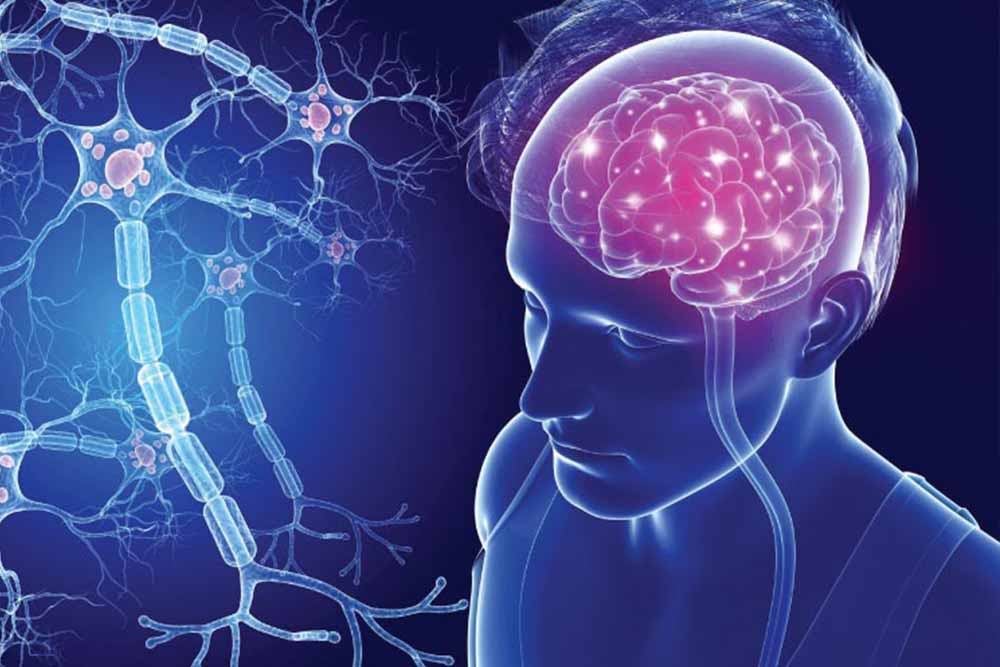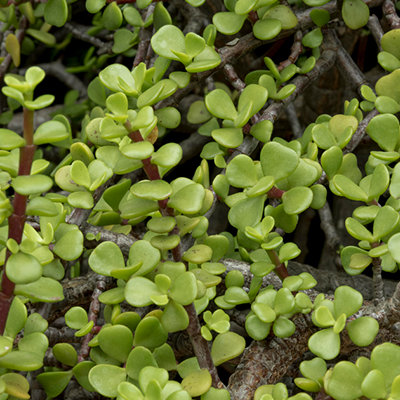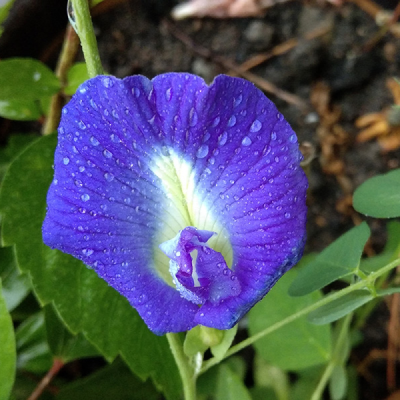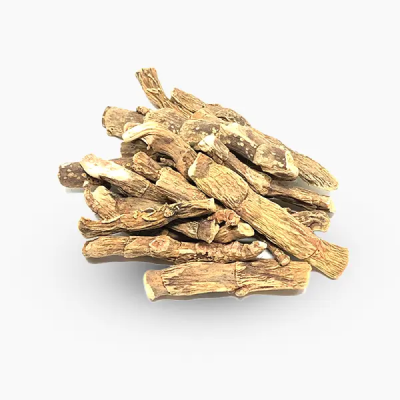Multiple sclerosis is a chronic, progressive autoimmune disorder that affects the central nervous system (CNS), including the brain, spinal cord, and optic nerves. It occurs when the immune system mistakenly attacks the protective sheath (myelin) surrounding nerve fibres, leading to inflammation, damage, and disrupted nerve signals.
Causes of Multiple Sclerosis
The exact cause is unknown, but it is believed to result from a combination of genetic, environmental, and immunological factors.
1. Genetic Factor
- Family history increases risk.
- Specific genetic markers, such as HLA-DRB1, are linked to Multiple Sclerosis
2. Environmental Factors
- Vitamin D Deficiency: Lower levels of sunlight exposure may increase risk.
- Smoking: Increases disease susceptibility and progression.
- Viral Infections: Epstein-Barr virus (EBV) is strongly associated with MS.
3. Autoimmune Dysregulation
Immune system mistakenly attacks myelin, triggering inflammation and scarring (sclerosis).
4. Other Risk Factors
- Gender: Women are more likely to develop Multiple Sclerosis than men.
- Age: Most commonly diagnosed between ages 20 and 40.
- Geographic location: Higher prevalence in temperate climates.
Symptoms of Multiple Sclerosis
Symptoms vary depending on the location and severity of nerve damage.
1. Neurological
- Numbness or tingling in limbs or face.
- Weakness in arms or legs.
- Loss of balance and coordination.
2. Visual
- Blurred or double vision.
- Partial or complete loss of vision, often in one eye (optic neuritis).
- Pain during eye movement.
3. Cognitive
- Memory problems.
- Difficulty concentrating or problem-solving.
4. Muscle and Mobility
- Muscle stiffness or spasms (spasticity).
- Difficulty walking.
5. Other
- Fatigue (most common symptom).
- Bladder or bowel dysfunction.
- Depression or mood swings.
Types of Multiple Sclerosis
1. Relapsing-Remitting MS (RRMS):
- Most common type.
- Symptoms appear as episodes (relapses) followed by periods of remission.
2. Secondary Progressive MS (SPMS):
- Gradual worsening of symptoms after an initial relapsing-remitting phase.
3. Primary Progressive MS (PPMS):
- Steady progression of symptoms without distinct relapses.
4. Progressive-Relapsing MS (PRMS):
- Rare, with progressive symptoms and occasional relapses.
Diagnosis of Multiple Sclerosis
1. Clinical Evaluation
- Comprehensive neurological examination.
- History of symptom relapses and progression.
2. Imaging Studies
- MRI (Magnetic Resonance Imaging): Detects brain and spinal cord lesions caused by demyelination.
3. Laboratory Tests
- Lumbar Puncture (Spinal Tap): Checks cerebrospinal fluid for markers of inflammation.
- Evoked Potential Tests: Measures electrical activity in response to stimuli to detect slowed nerve signals.
4. Differential Diagnosis
- Rule out other conditions like lupus, vitamin B12 deficiency, or infections.
Ayurvedic View
In, Multiple Sclerosis can be correlated with "Vata Vyadhi" (neurological disorders caused by aggravated Vata Dosha). The imbalance of Vata disrupts the normal functioning of nerves and tissues, leading to degeneration and loss of coordination.
Ayurvedic Treatment
Panchakarma Therapy (Detoxification)
- Abhyanga (Oil Massage): Warm medicated oils like Mahanarayan Taila balance Vata and improve circulation.
- Shirodhara: Continuous pouring of medicated oil on the forehead calms the nervous system.
- Basti (Medicated Enemas): Nourishing and balancing Vata Dosha using oils like Dashamoola or Bala Taila.
- Virechana (Purgation): Removes toxins and balances Pitta Dosha.
- Nasya (Nasal Therapy): Administering medicated oils like Brahmi Ghritha helps rejuvenate the brain.
Diet (Ahara)
- Follow a Vata-pacifying diet: Warm, cooked, easily digestible foods with healthy fats (ghee, sesame oil).
- Avoid cold, dry, or processed foods.
- Include spices like turmeric and ginger to reduce inflammation.
Lifestyle (Dinacharya)
- Regular sleep routine to improve rest and repair.
- Practice yoga (e.g., Tadasana, Shavasana) to enhance flexibility and balance.
- Use calming Pranayama techniques like Nadi Shodhana and Bhramari.
Herbal Remedies
Ashwagandha (Withania somnifera):
Strengthens nerves and reduces stress.
Brahmi (Bacopa monnieri):
Improves cognitive function and calms Vata.
Shankhpushpi :
Enhances brain function and calms the mind.
Guduchi (Tinospora cordifolia) :
Reduces inflammation and enhances immunity.
Vacha (Acorus calamus):
Improves speech and neural coordination.
Rasayana (Rejuvenation Therapy)
- Chyawanprash: Enhances overall immunity and strength.
- Medhya Rasayanas: Brahmi, Mandukaparni, and Yastimadhu rejuvenate the nervous system.








